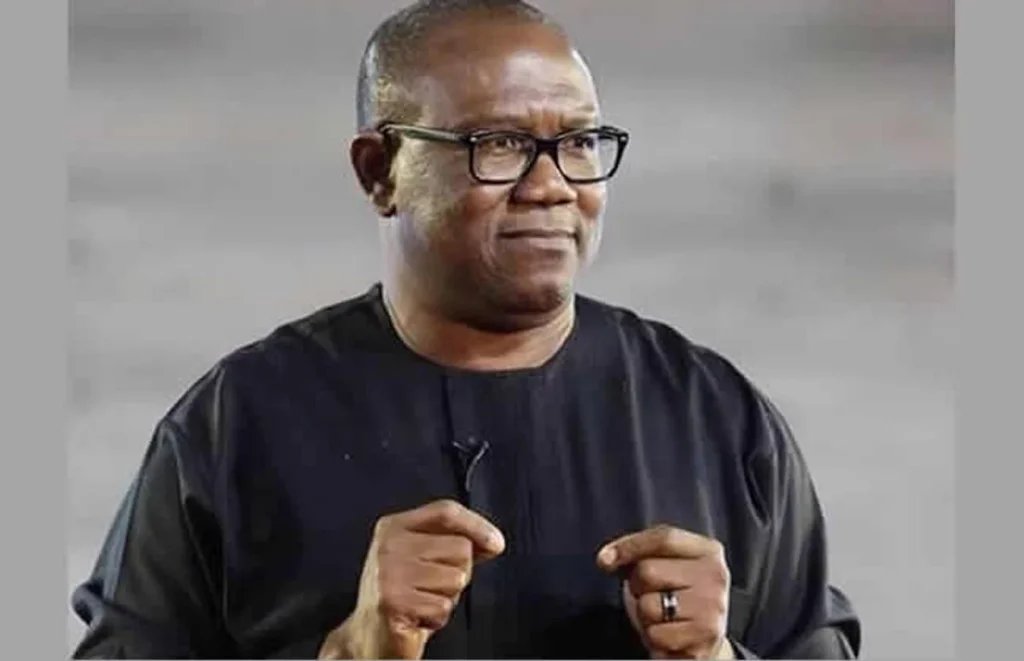
Ahead of the forthcoming 2023 presidential election, the Labour Party, LP, candidate, Peter Obi, has finally released his long-awaited 62-page campaign manifesto.
The manifesto titled, “Our Pact with Nigerians: Creating a New Nigeria“, unveiled Obi’s proposed plans to lead Nigeria if elected as president.
Page 18 of the document itemized his economic plan founded on a shift from consumption to production by running a production-centred economy that is driven by an agrarian revolution and export-oriented industrialization.
Over the past few days, Obi had come under criticism in some quarters, especially among members of the All Progressives Congress (APC), for not having a manifesto.
In October, the LP presidential distanced himself from a manifesto attributed to him.
Obi had said he would personally release the LP manifesto to the public when it is ready.
In the manifesto released on Sunday, the former Anambra governor promised to move Nigeria from a consumption economy to a production-centred economy.
The LP presidential candidate said he would end banditry and insurgency if elected president.
“Restructure the polity through effective legal and institutional reforms to entrench the rule of law, aggressively fight corruption, reduce cost of governance, and establish an honest and efficient civil service,” the manifesto reads.
“Leapfrog Nigeria into the 4th Industrial Revolution (4IR) through the application of scientific and technological innovations to create a digital economy.
“Build expansive and world-class infrastructure for efficient powers supply, rail, road and air transportation, and pipeline network, through integrated public-private partnerships, and entrepreneurial public sector governance.
“Enhance the human capital of Nigerian youths for productivity and global competitiveness through investment in world-class scholarship and research, quality healthcare, and entrepreneurship education.
“Conduct an afro-centric diplomacy that protects the rights of Nigerian citizens abroad and advances the economic interests of Nigerians and Nigerian businesses in a changing world.”